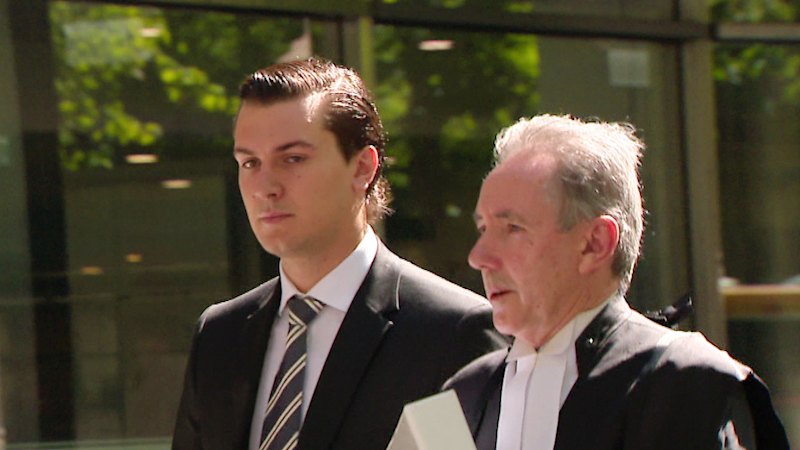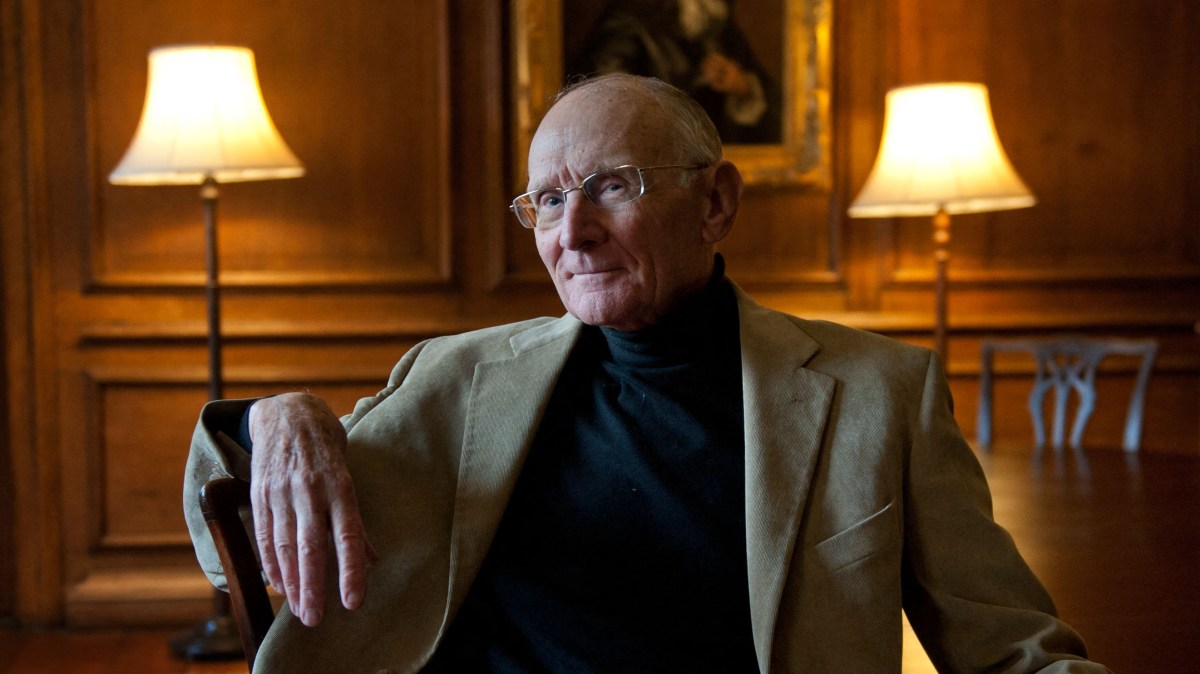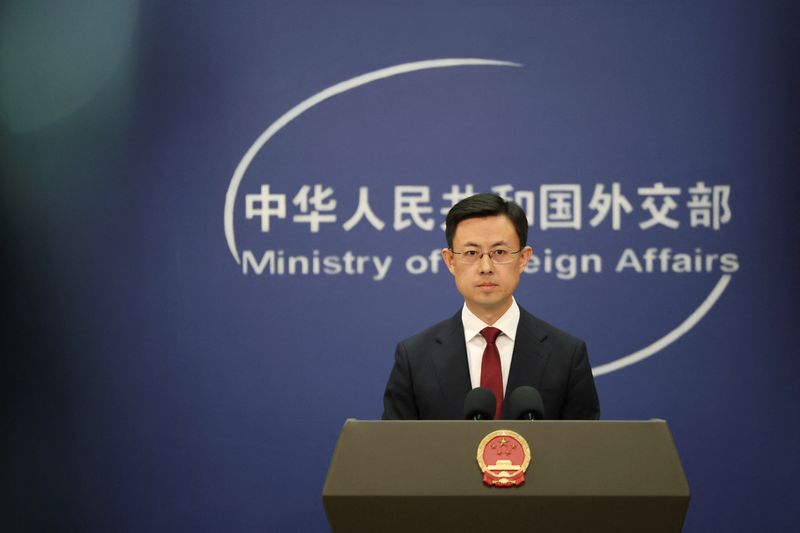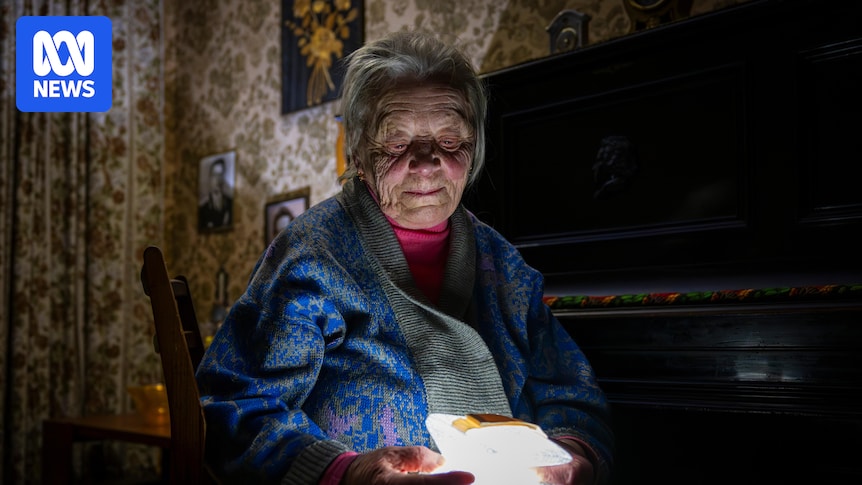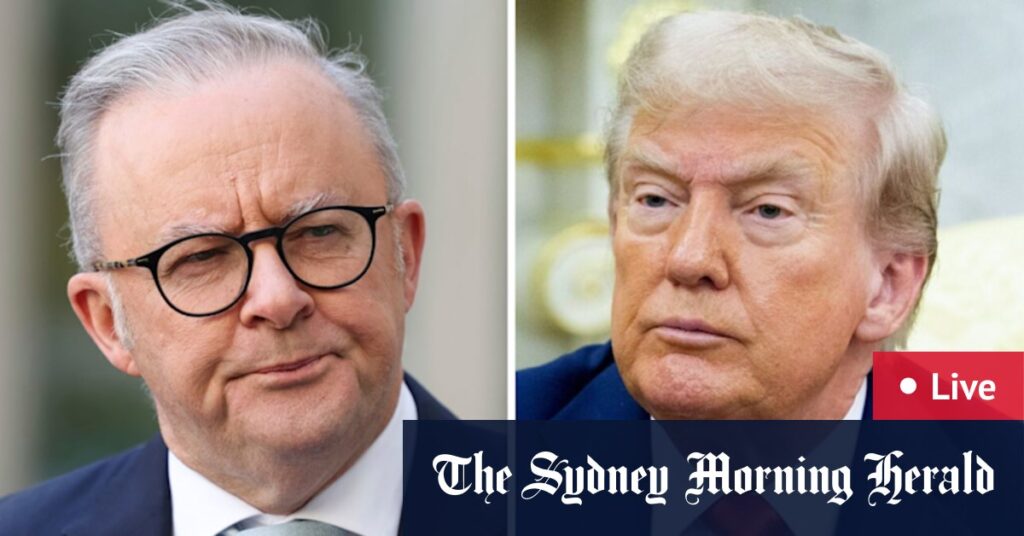
Labor’s special envoy for remote communities, Marion Scrymgour, has opened up about the profound sense of hopelessness she feels as she confronts her son’s battle with drug addiction. This revelation comes as her son, Richard, pleaded guilty to shoplifting and driving an unregistered vehicle in a Darwin court this week. Scrymgour emphasized that while she makes no excuses for his actions, his struggle with addiction offers a partial explanation.
Scrymgour described her son as once proud and dependable, expressing her despair over the “methamphetamine scourge” that has drastically altered his life. In a heartfelt statement, she admitted, “There may be no end to this journey. I don’t at the moment see any light at the end of the tunnel.”
The member for Lingiari noted that her role as a parliamentarian does not equip her to handle the situation more effectively. In fact, it often complicates matters as she is not always available to follow through on interventions. “As a mother, it is my task and role to express to him my anger and frustration when he stoops low, to be there when the fair-weather friends and family leave him where he has fallen, to try and pick him up from the ground on which he lies (no matter how unsympathetic I may feel about it),” she stated.
Nurses and Midwives Fight for Fair Wages
Meanwhile, in New South Wales, nurses and midwives have voted to accept an interim 3 percent pay rise, but their struggle for a total increase of 35 percent continues. This decision follows three successive strikes last year that significantly disrupted the state’s health system. The deal includes backpay from the start of the financial year, an increase in nightshift penalty rates, and new rostering rights.
NSW Nurses and Midwives’ Association General Secretary Shaye Candish remarked that the decision provides financial relief to members struggling with bills, but emphasized that the fight is far from over. Their case for a 35 percent increase over three years will be heard by the NSW Industrial Relations Commission later this month.
NSW Health Minister Ryan Park acknowledged the vote as a major step towards addressing chronic nursing shortages in the public system, stating, “We are turning things around.” However, anger over the government’s offer to more than 50,000 NSW nurses led to three strikes last year, and a resolution in the industrial court remains elusive.
Afghanistan Earthquake: A Humanitarian Crisis
In international news, hundreds more bodies have been recovered from mountain villages destroyed by a major earthquake in Afghanistan earlier this week, pushing the death toll to over 2,200, according to a Taliban government spokesman. The magnitude 6.0 quake struck the remote eastern part of the country, leveling villages and trapping people under rubble.
Most casualties have been reported in Kunar province, where wood and mud-brick houses along steep river valleys were devastated. An assessment by the Islamic Relief charity indicated that 98 percent of the buildings in the province were damaged or destroyed. Aid agencies are urgently seeking staff and supplies to assist the region’s survivors.
A third quake, at a depth of 10km, hit overnight, compounding the devastation in Nangarhar province. This series of tremors has left tens of thousands homeless and injured more than 3,600 people. In response, Australian Foreign Minister Penny Wong announced $1 million in support for the quake victims, to be channeled through a United Nations humanitarian fund to prevent it from reaching the Taliban regime.
Strengthening US-Australia Relations
On the diplomatic front, Australia’s ambassador to the United States, Kevin Rudd, praised the strengthening bilateral relationship between the two nations. This comes after Prime Minister Anthony Albanese’s recent phone call with US President Donald Trump, marking their fourth conversation since Trump’s re-election.
Former Labor treasurer Wayne Swan highlighted the significance of these discussions, noting that they are crucial for maintaining strong ties. Albanese described the conversation as “warm and constructive,” focusing on the US-Australia trade and economic relationship and shared security interests. The talks also touched on the supply of critical minerals, an area identified for potential trade growth with the US.
Minister for Employment and Workplace Relations Amanda Rishworth commented on the connection between the leaders, despite criticism over the lack of face-to-face meetings since Trump’s re-election. “We have the lowest trade tariffs of any country in the world when it comes to the US. But no doubt this builds on what is already a warm relationship between the two of them,” she said.
As Australia navigates these complex challenges, from domestic issues like drug addiction and wage disputes to international crises and diplomatic relations, the nation’s leaders and citizens continue to seek solutions and foster resilience.
